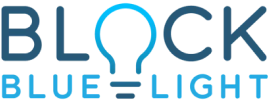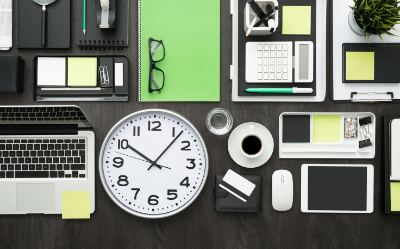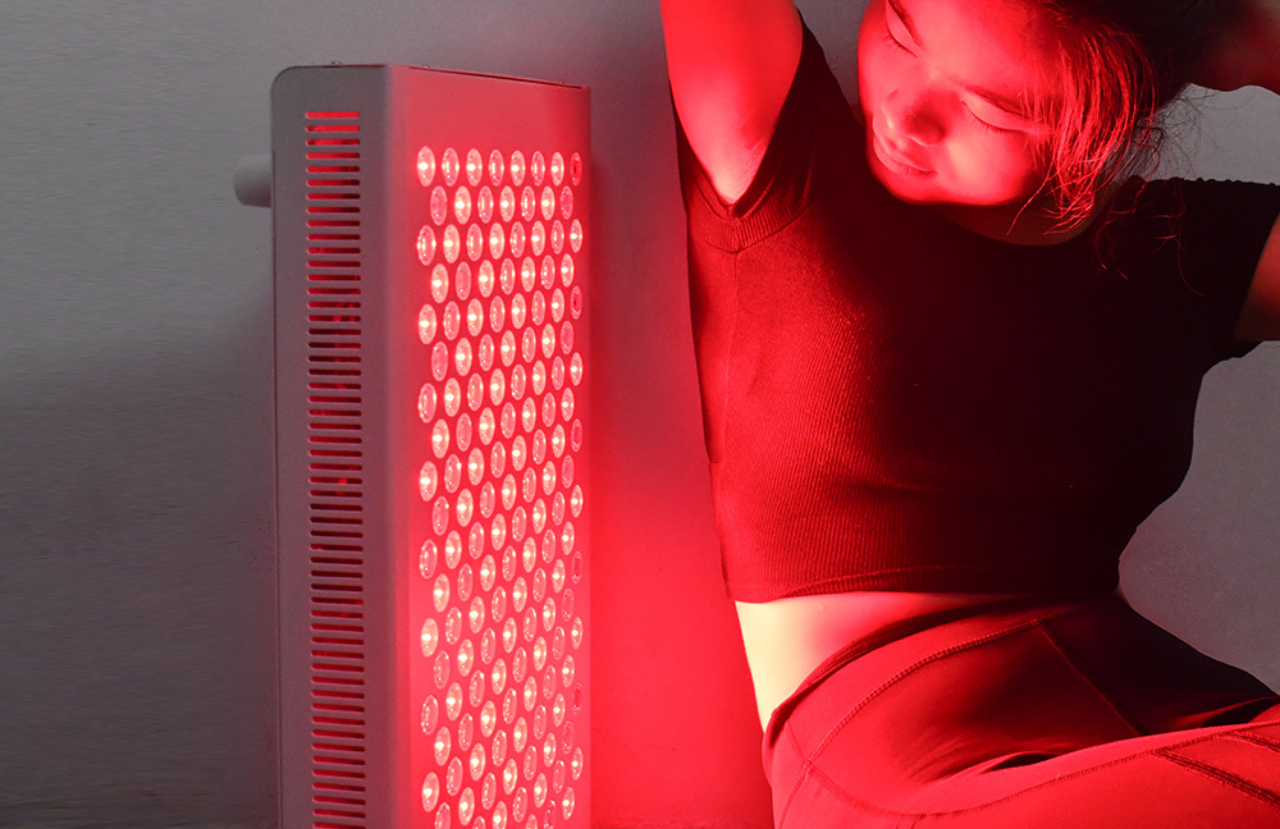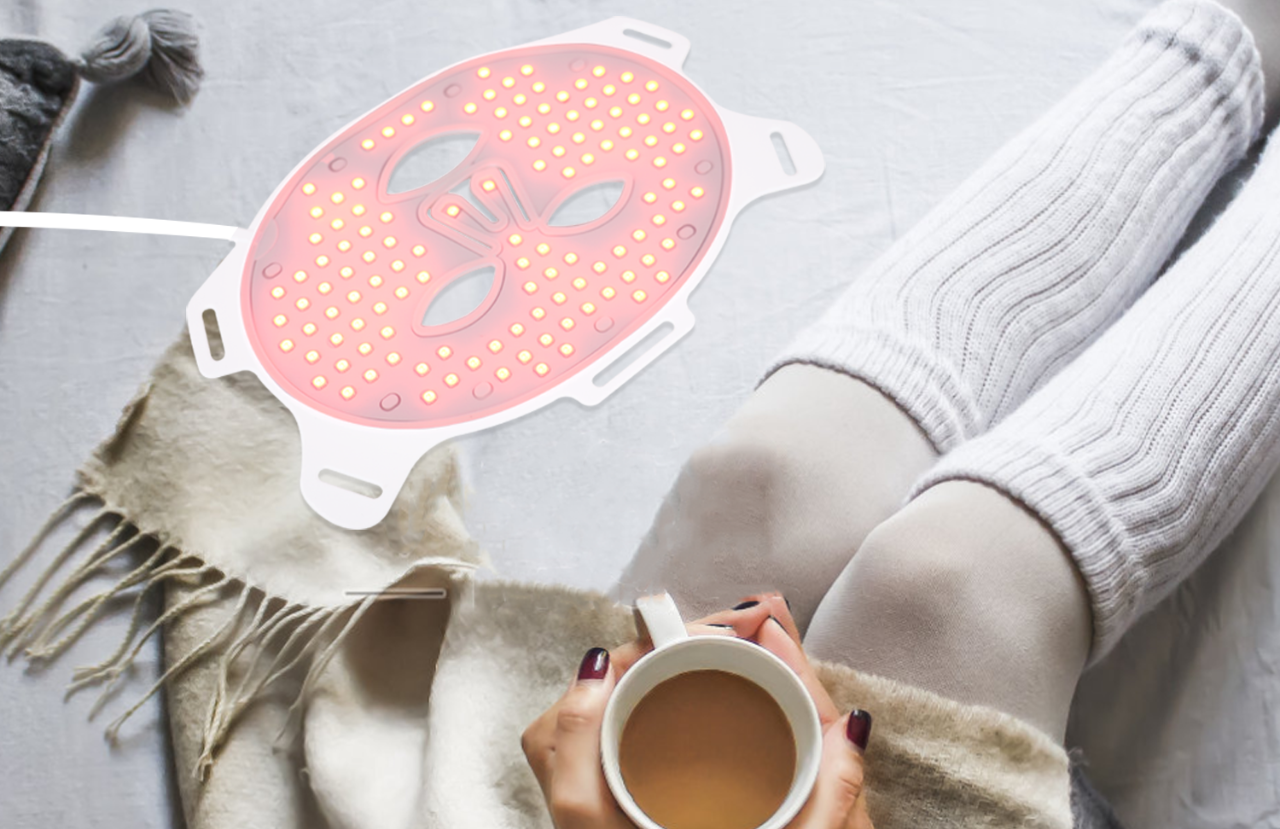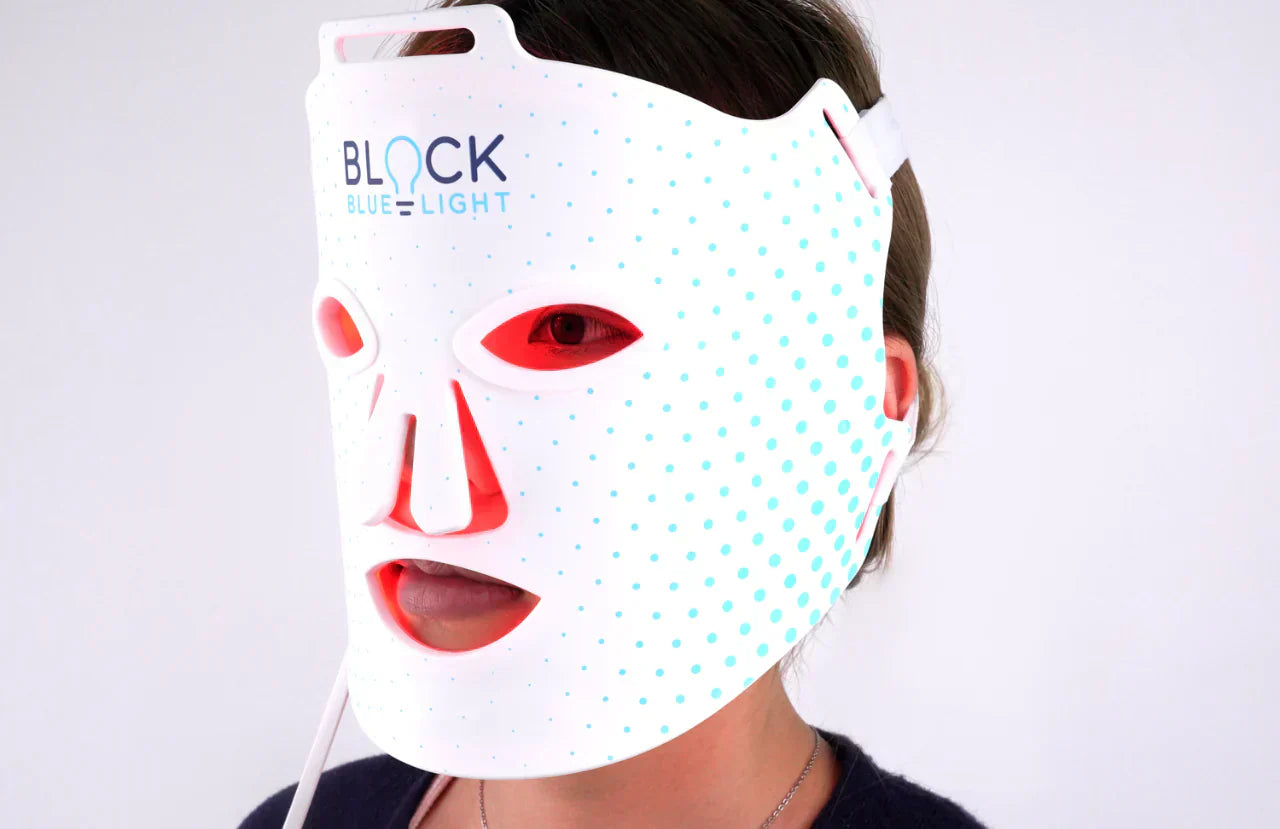Odds are you’re one of the 33% of American people who aren’t getting enough sleep. Although sleep plays a big role in our physical and mental health, research by YouGov has found that only 68% of American people are getting the minimum of seven to eight hours of sleep per night. In fact, the study showed that 1 in 10 take more than an hour to drift off and 85% of American people wake up at least once per night. [1]
Our culture is a workaholic culture that glorifies long working hours and work-related success above everything else. Society makes us feel guilty for taking hours off- we’re made to believe that we shouldn’t rest until we ‘deserve’ it.
This has led to the average sleep duration gradually dropping over time. Short sleep is related to many health risks and chronic insufficient sleep has become a public health crisis. [2] However, working long and hard is not necessarily the way to go. Research shows that rest and sleep boost the brain’s store of creativity and attention-span, which is essential to achieve high-performance levels. Also, lack of sleep interferes with brain-power, thereby making us more forgetful and moody.
So what’s the answer?
Simply sleep more?
Not exactly.
Just like we try to work ‘smarter not harder,’ it’s important that we take the same approach with our sleep and relaxation also.
You may think that you’re making full use of your me-time when scrolling your phone before bed. But that’s not exactly the case. Digital devices emit blue light and depending on when they’re used, they can actually decrease our productivity rather than increase it.
Continue reading to learn how.
What’s the link between exposure to blue light and productivity?
Blue light from digital devices has been shown (from many studies) to harm our eyes and health. Specifically using blue-light-emitting devices before bed suppresses melatonin production and interferes with sound sleep. Melatonin (also called the sleep-hormone) is a hormone produced by the pineal gland in the brain and it signals to the body that it is time to sleep. People who often work night-shifts, those experiencing jet-lag or those who sleep late usually have a disturbed circadian rhythm and melatonin can be used to bring it back to base.
During the pandemic, since remote work increased, many of us experienced a shift in their work routines, with work and meetings carried on till late at night.
The digital devices we frequently use all emit blue light which disrupts our sleep (if used after sundown) and reduce sleep quality. This means that even sleeping the same hours doesn’t provide the same amount of refreshment.
How does blue light affect productivity during the day?
It’s important to note that the blue light itself is not evil. Blue light is present in the sun and we need healthy quantities of it from natural sources to regulate our internal biological clock. In fact, exposure to blue light from the sun helps improve depression, boost metabolism and promote wakefulness.
You may have wondered why sunlight lifts our mood- it’s the blue light present in the sun’s rays which signals to the brain that it’s daytime. In fact, exposure to sunlight may help improve productivity at work. A 2013 study [3] showed that in some instances sunlight exposure outperformed caffeine in improving cognitive function and alertness in the test subjects

So if you’re trying to cut down on caffeine, taking a brisk walk around the block during your midday slump might help!
However, after sundown, we’re not naturally exposed to any blue light. The light from screens confuses our body’s internal clock. This means that if you develop a habit of using screens before bedtime, you could find it harder to fall asleep in the future.
The answer?
Blue light glasses and computer glasses.
Blue light blocking glasses are glasses with lenses that filter out the damaging wavelengths emitted by screens. They work by having a special filter in their lenses that block the damaging range of wavelengths from entering the eye. It’s important to note that although we colloquially use the term ‘blue light’, the damaging wavelengths range from 380-550nm and these are the wavelengths that inhibit melatonin production. This range includes the short-wavelength turquoise light too.
Although blue light glasses or computer glasses have been used in the past for reducing digital eye-strain, headaches and fatigue caused by digital devices, new research has found a relationship between blue light blocking glasses and productivity. Research published in the Journal of Applied Psychology [4] can lead to a better night’s sleep, improved decision making in your career and improve productivity at work.
Research shows a link between blue light glasses and productivity
A research team at the Indiana Kelley school of business performed tests on employees to test the relation between blue light and productivity. Two experiments were conducted- one with company managers and the other with call center representatives working at the Brazil offices of US multi-financial firms. In the experiment, participants were asked to wear glasses- some were full-range blue light blocking glasses and others were placebos.
The relationship between blue light glasses and productivity was measured, by monitoring the employees’ performance on measures such as work engagement, organizational citizenship behaviour and counterproductive work behaviour.
According to the researchers, wearing blue light blocking glasses affects productivity along the following dimensions;
- Physiological; Sleep quality and quantity of the subject employees were shown to have improved
- Attitudinal: Work engagement of the employees showed an increase
- Behavioural: Task performance and organizational citizenship behaviour were improved.
One issue which many people face is having to work early mornings after sleeping late on the weekends and weekdays. This leads to a misalignment between their circadian rhythm and externally controlled work time. According to Guarna, “wearing blue light filtering glasses creates a form of physiologic darkness, thus improving both sleep quantity and quality.“ [5]
People who are naturally “night owls” or those who have developed a pattern of sleeping late benefit more from blue light blocking glasses because there is a greater mismatch between their circadian rhythm and the actual time.
If you’re a business owner, then blue light exposure of your employees should be a concern to you. Controlling blue light exposure before bed may be a good step towards increasing productivity.
Which type of blue light glasses are best for improving productivity?
It’s important to know the two types of blue light glasses before anything else;
Daytime computer glasses:
Computer glasses have clear lenses and they filter 50% of damaging rays across the spectrum of damaging wavelengths(380-550nm). They’re to be used with screens during the daytime and they reduce digital eye-strain, headaches and fatigue which is caused by blue light exposure.

What to look for when buying computer glasses:
Daytime blue light computer glasses must filter wavelengths from the entire spectrum of wavelengths which affect the retina.
When buying blue light glasses for daytime, check for a spectral test report which indicates which wavelength the glasses protect against and to which extent.
Most blue light glasses found commercially don’t have any specs mentioned so it’s possible they could be blocking as low as 5% of the rays!
The peak damaging wavelength of blue light is 455nm blue light wavelengths, so it’s important that your eyes are protected from exact this range. The best and most optimal set of computer glasses will be filtering blue light across the entire blue light spectrum but more specifically filtering 50% of blue light at 455nm.
Night-time blue blocking glasses:
blue light blocking glasses have a red or orange tint and they block 100% of blue and green across the entire damaging spectrum. (380-550nm) If worn after sundown, they improve sleep quality, reduce the time it takes to fall asleep and improve productivity


What to look for when buying Night-time Blue Blocking Glasses:
To increase productivity the next day, you need a pair of glasses which blocks 100% of blue and green light wavelengths from 380-550nm, which is the complete melatonin disruption zone. Any less than this and you won’t be seeing the benefits.
Check for a spectral test report on the manufacturer’s website which gives proof which ranges the glasses are blocking, and to what extent. Without a report, you could be troubling yourself by wearing tinted glasses and still not getting any protection!
For maximum protection, we suggest you use both pairs. However, wearing red-tinted glasses after sundown will also have a significant effect on improving sleep quality and increasing productivity the next morning.
References:
Beaven, C., & Ekström, J. (2013). A Comparison of Blue Light and Caffeine Effects on Cognitive Function and Alertness in Humans. Plos ONE, 8(10), e76707. doi: 10.1371/journal.pone.0076707
Blue-light glasses improve sleep and workday productivity, study finds. (2021). Retrieved 26 January 2021, from https://www.sciencedaily.com/releases/2020/10/201015003444.htm
Ford, E., Cunningham, T., & Croft, J. (2015). Trends in Self-Reported Sleep Duration among US Adults from 1985 to 2012. Sleep, 38(5), 829-832. doi: 10.5665/sleep.4684
Guarana, C., Barnes, C., & Ong, W. (2020). The effects of blue-light filtration on sleep and work outcomes. Journal Of Applied Psychology. doi: 10.1037/apl0000806
Ho, K., & Ho, K. (2021). One in three British people are not getting enough sleep. Retrieved 26 January 2021, from https://au.yougov.com/news/2019/03/21/one-three-australians-not-getting-enough-sleep/
